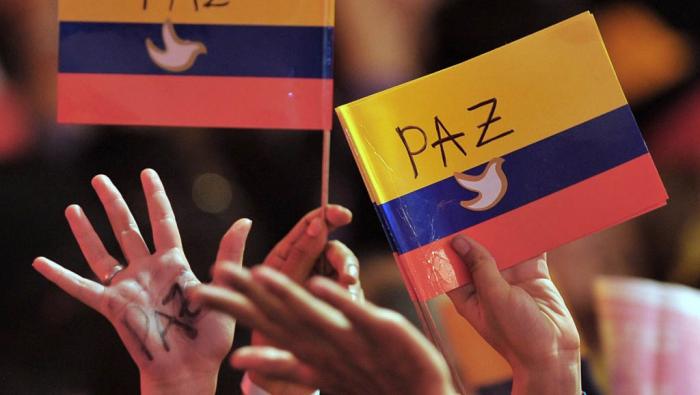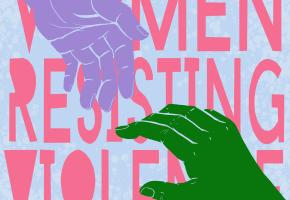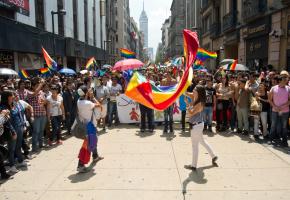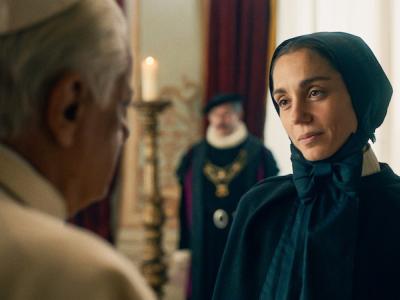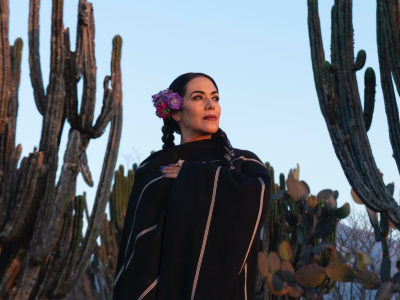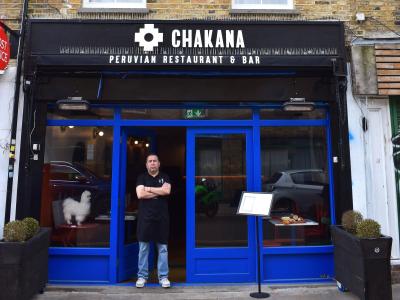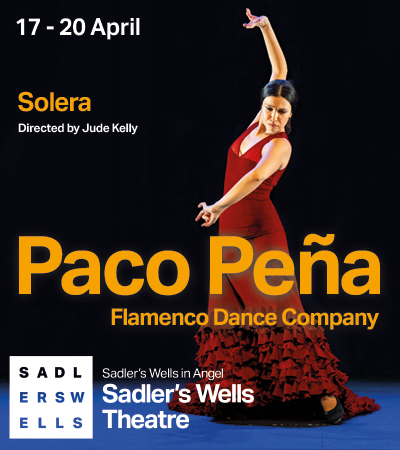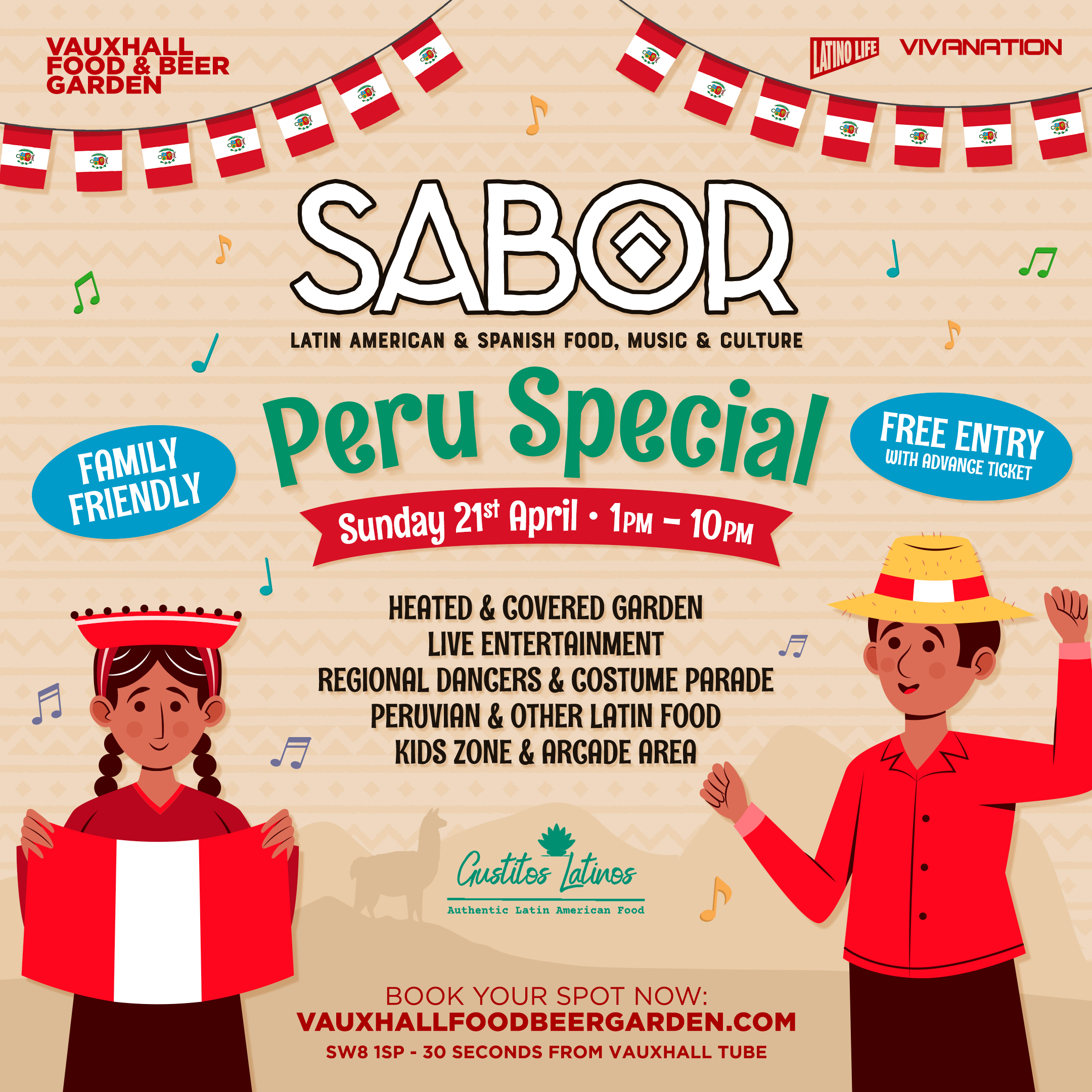The Colombian peace process has started the new year with huge strides:
The UN Security Council approved a resolution requested by both parties involved in the dispute: the Colombian government, and the leftist guerilla movement FARC (Revolutionary Armed Forces of Colombia). The international community can now monitor an eventual bilateral ceasefire.
President Santos visited the White House and met with Obama to ask for support in financing and implementing the peace agreements. Obama pledged 450 million dollars annually for five years to support the post-conflict reconstruction.
All public statements by the government and FARC indicate that everything possible is being done to sign a final agreement by 23rd March (the self-imposed deadline).
Meanwhile, Colombian civil society is not sitting back doing nothing. They are having ‘The Biggest Conversation in the World’, a government initiative to link together and make visible the thousands of forums, demonstrations, seminars, conferences, public dialogues, workshops, classroom discussions, concerts and online debates about peace in Colombia, under one umbrella.
Rodeemos el Diálogo is a transnational civil society group who have been holding weekly ‘peace breakfasts’ in Bogotá for two years. They are at the forefront of cultivating a culture of dialogue as a method of civilian peace-building. Recently they hosted Carlos Chica and Alejandra Villamizar from the Presidential team running ‘The Biggest Conversation in the World’, and began by asking their guests to explain this ambitiously titled project.
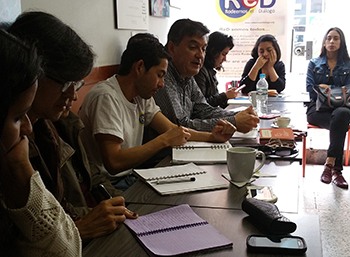
CONVERSATION HAS BEEN ONE OF THE VICTIMS OF THE CONFLICT
“We must start to value the art of conversation. Conversation is a social practice that has been one of the victims of the armed conflict. Because there are many conversations that have been dominated by the armed actors, and even more conversations that have been silenced”, said Carlos.
Carlos and Alejandra were keen to emphasise that this was not a case of the government appropriating civil society initiatives. “We are simply making an effort to raise the volume of thousands of conversations about peace which are taking place every day in this country,” explained Carlos.
Alejandra added that it had nothing to do with defending President Santos, or persuading people about the relevance of the agreements being made in Havana. “It is, however, a scheme designed to persuade people of the importance of dialogue as a means of peaceful conflict resolution”.
They emphasised the need to engage sceptics and those who are indifferent, quoting Pope Francisco who in January said, “indifference is the greatest threat to peace.” This is especially significant given that the final deal will be put to a vote by the Colombian people in a referendum, and electoral indifference could endanger the legitimacy of the accords.
Carlos also explained that the ‘Biggest Conversation in the World’ was not intended to disseminate the Havana peace accords. Educating Colombians about the agreements was important, he said, but there were many organisations already doing that. Rather, it was meant to transcend Havana and the agreements, and transform society in such a way that people could learn to resolve conflict and accept differences through peaceful discussion.
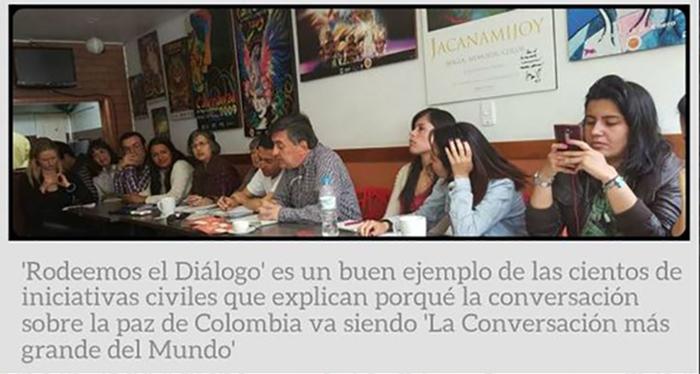
WHAT TO DO ABOUT HATRED OF THE FARC?
"For example," said Carlos, “what are we going to do about the nationwide hatred of the FARC? Intricate knowledge of the texts of the agreements won’t help. There is a culturally ingrained belief that they are the only bad guys in Colombia.” A striking comment, perhaps, from a government official. The ‘Conversation’ goes beyond Havana into the cultural practices of daily life in Colombia which are affected by and contribute to the reproduction of violence. “This conflict has moulded the way we relate to each other and we have to start talking about that”, said Carlos.
After hearing Carlos and Alejandra’s presentation, the meeting was opened for discussion. I asked what strategies they were going to use. Alejandra explained that the ‘Biggest Conversation in the World’ can offer public exposure to events and initiatives, offer its logo, organisers can choose to have bits of their conversation transmitted on the Conversation’s media channels. The Presidency can send representatives to events. They offer an online toolkit, including teaching materials, help for local organisers in choosing and inviting guest speakers and access to media coverage. There is also an online platform where people can upload photos, videos, songs and participate in forums.
“The idea is to have a common experience,” said Alejandra, “Because we’ve had the common experience of war. But this experience is built through conversation”.
NO TOP-DOWN MANIPULATION
Carlos added, “We don’t want to manipulate these discussions. There are organisations already on the ground in the regions who know the people, know their concerns, we just want to link things up.”
Rodeemos el Diálogo were one of the pioneers in developing spaces for dialogue in Colombia, a country with a vibrant history of social movements. Many groups have been discussing peace, politics and human rights for decades, but usually from specific ideological perspectives, not necessarily for the purpose of incorporating difference and learning to listen to the ‘other’. But it has become increasingly clear that civil society, as well as having had responsibilities in the perpetuation of the armed conflict – whether through indifference or looking after individual economic interest – must now play a definitive role in the transformation of a country from one in which a delicate bilateral ceasefire is finally achieved (no mean feat), to one where peace is ingrained in the day-to-day culture.
What is new about the ‘Biggest Conversation in the World’ is that the government has cottoned on to the importance of supporting dialogue as a mechanism of bridging political and social chasms, and is trying to find ways of helping these practices flourish, without imposing a political agenda.
Carlos concluded, “ ‘The Biggest Conversation in the World’ is a powerful tool to transform a society. To develop and identify leaders. To join people up. To allow individual and isolated conversations to converge and link together. To develop empathy, a human trait that we have lost in the war. And the capacity to put ourselves in the other’s shoes. Conversation is a vehicle whereby different perceptions of reality can be put on the table. It allows us to understand that reality is not absolute”.
What is happening in Colombia is unique. The convergence of the national political agenda with conversations amongst ordinary people and the development of a language that places dialogue at the core of political and social practice, is an extraordinary expression of what it means to strive for real democracy. It won’t be perfect, but the idea sets the bar high and encourages active citizenship. Something that could be a lesson to societies all over the world.
This article was written by one of Latin America Bureau's group of analysts. If you'd like to read more articles, visit www.lab.org.uk


